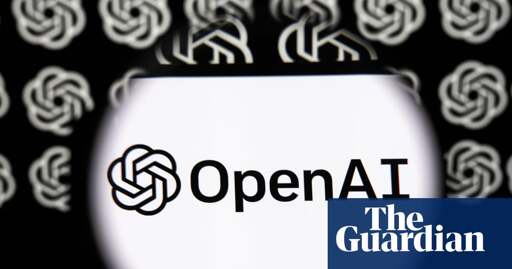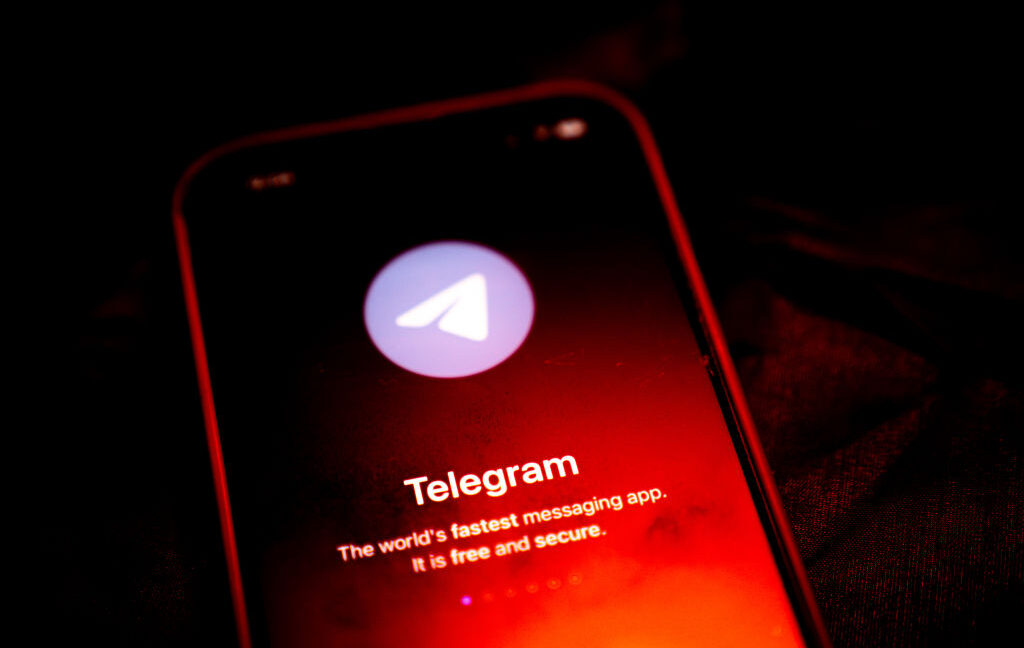FCC commissioner writes op-ed titled, “It’s time for Trump to DOGE the FCC“
-
sounds like a perfect setup for a torrent farm. they can't stop you because you're forced to pay for it.
do it. get a good VPN and do it. I know how these networks are usually architected - they probably will never notice. use as much bandwidth as you can over a VPN and they'll probably never really see it. also there's likely no bandwidth cap, since the fiber circuits that feed these units are also usually uncapped in terms of how much data they can pass per billing period, unlike Spectrum/Comcast/VZ/all the other shit ISPs out there.
I know I don't notice a heavy user when I look at my metrics and even if I did, I don't get paid to care. just don't get caught with your VPN off, they probably will see that and disable your service or give you a call and tell you you're being a bad user a la Skippy.
-
We’re gonna be so fucked. Get ready for shittier experiences with internet providers and cell companies.
Is this gonna be worse than what A Shit Pie die.
-
do it. get a good VPN and do it. I know how these networks are usually architected - they probably will never notice. use as much bandwidth as you can over a VPN and they'll probably never really see it. also there's likely no bandwidth cap, since the fiber circuits that feed these units are also usually uncapped in terms of how much data they can pass per billing period, unlike Spectrum/Comcast/VZ/all the other shit ISPs out there.
I know I don't notice a heavy user when I look at my metrics and even if I did, I don't get paid to care. just don't get caught with your VPN off, they probably will see that and disable your service or give you a call and tell you you're being a bad user a la Skippy.
highly recommend using containerized torrents through a VPN.
I have transmission and openvpn containers. when the network goes down transmission can't connect since it's networked through the ovpn container.
once the vpn is restored, everything restarts and resumes where it left off.
ever since I've had this setup running, I haven't had a nastygram sent to me.







